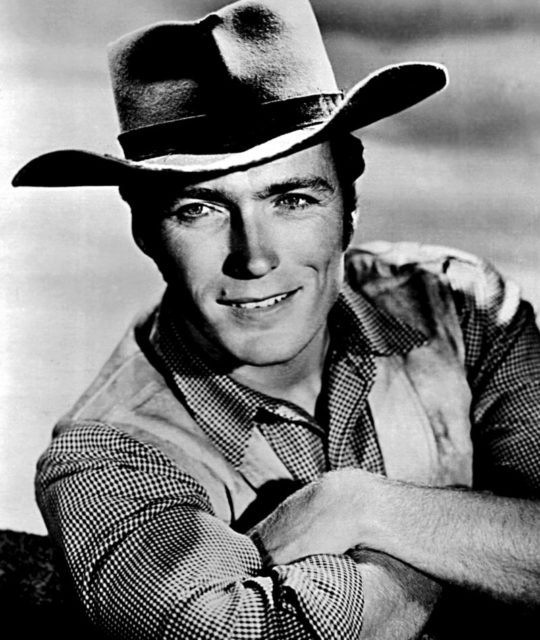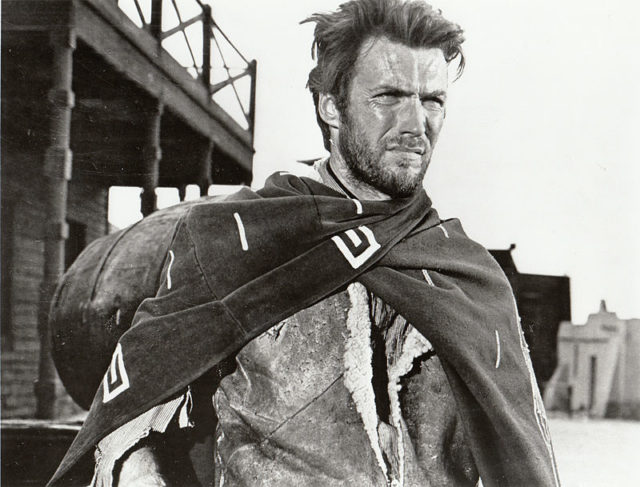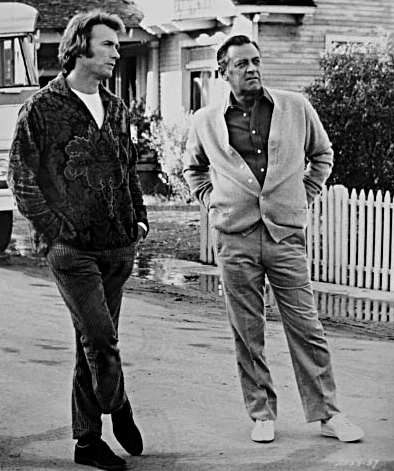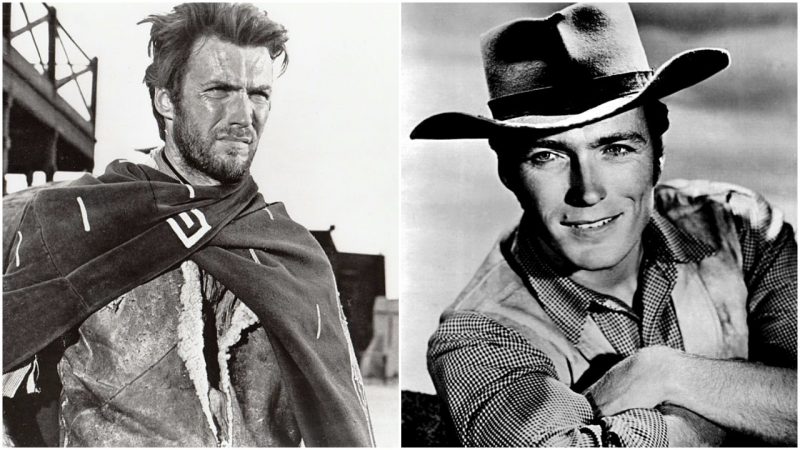Clint Eastwood is a prolific and eclectic American actor and director who is considered as one of the most prominent symbols of American masculinity of the 20th century.
He rose to fame while starring in countless Western films, in which he usually portrayed rugged outlaws and underdogs. Also, his portrayal of an antihero cop named Harry Callahan in the film Dirty Harry remains an inspiration for audiences throughout the world.

One of the most prominent characteristics of Eastwood’s characters, their unusual and somber way of speaking, is a result of Eastwood’s own tendency to deliver his lines through his teeth. Nowadays, Eastwood’s fans couldn’t imagine any of his characters without this particular trait, as the trait infuses the characters with gritty realism and a sense of drama.
However, Eastwood’s unusual delivery of his lines proved to be a major problem while his career was still in its beginnings. In the early 1950’s, he managed to capture the attention of several prominent Hollywood figures, including the cameraman Irving Glassberg, the acclaimed director Arthur Lubin, and several casting agents.

While agents were astonished by Eastwood’s well-defined physique and his handsome facial features, they were appalled by his unusual manner of speaking and stiff way of acting. In 1954, Eastwood signed a contract with Universal Studios, which acquired him a salary of 100 dollars per week. However, he was forced to attend an acting class, as most of the officials of the Universal Studios thought that he would never become an actor if he didn’t correct his speech impediment.
Although he managed to loosen up and greatly improve his acting skills, he never bothered to correct his manner of speaking. During the 1950s, he played minor roles in unpopular films such as the Revenge of the Creature and Francis in the Navy.

Eastwood’s big breakthrough came in 1958 when he was cast as Rowdy Yates in the popular CBS Western series Rawhide. His appearance and his delivery turned out to be perfect for the roles of fierce cowboys and outlaws, so the producers decided not to criticize his speaking. Still, they often criticized his acting, and he was often forced to repeat scenes numerous times before the film crew was satisfied with his performance.
Although Rawhide didn’t receive any awards, it turned out to be a moderate commercial success. Several agents from different prominent studios noticed Eastwood and his gritty antics, and he immediately started landing roles in major films. His unusual way of speaking became his trademark and proved that a speech impediment can be a major advantage in the curious world of cinema.
